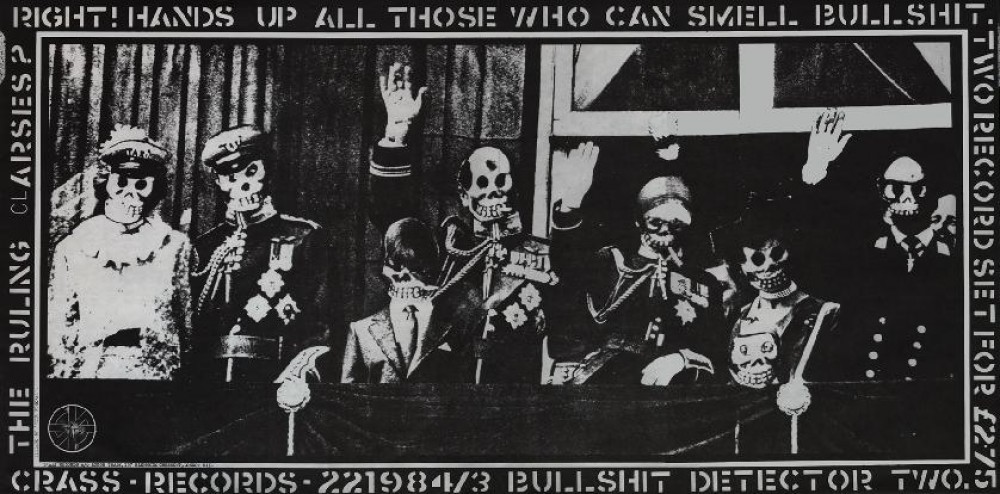On Friday 25th June I attended a one day symposium on Popular Music Fandom. The symposium was at the University of Chester and organised by Mark Duffett from the School of Media at Chester. As I will be conducting some research around fans as part of my PhD research I thought it would be useful to attend along with some of my colleagues from The Birmingham Centre for Media and Cultural Studies Prof Tim Wall, Rob Horrocks and Nacho Gallego Pérez a visiting researcher from Madrid who has recently joined the centre for research.
The keynote presentation was from Matt Hills from Cardiff University who is one of the UK’s key thinkers in Fan Culture and Fan studies. I had worked with Matt in the past as part of a research team that conducted some research about audience/fan online interaction with the BBC Radio websites as part of a Knowledge Transfer Project. Matt’s presentation was around considering new ways of looking at and researching fan culture based on three ideas of post-popular music, mnemic communities and intermediary fandoms. What I particularly liked was the area of mnemic communities drawing on the work of Bollas (1993) and how music has personal and/or community memory stored within it. He also touched on the idea of whether those memories are imagined and /or a community narrative. I thought this would be very useful to my research as my object of study centres around cultural/popular memory.
Mark Duffett delivered an interesting paper on moving towards a new vocabulary of fan theory in researching and investigating fandom. He laid out a 9 step vocabulary model which due to my deep interest in what he was saying I failed to make any notes-doh!! I am hoping he will e-mail me his PowerPoint slideshow and if so I will comeback to discussing his ideas on a future blog. What was great about these two presentations was the fact that I am new to fan studies and it seems that I am at a point of entry where the ways of thinking about fandom are taking a new turn and I am getting current and future ideas from two of the leading UK researchers and commentators in the field.
Alexei Michailowsky from the University of Rio De Janeiro delivered an interesting paper about when the researcher is a fan and methodological points in carrying out research into your favourite artist. This was based on his experiences into researching Brazilian musician Marcos Valle. This brought up some useful strategies for me regarding my own research as a fan of British anarcho-punk.
I also met two very interesting people John Harries and Lisa Busby from a band called Sleeps in Oysters who have released music on Seed Records. John had attended to present a paper on David Bowie: A Case Study of the Established Artist as Fan and ‘Musical Conscience’ for the Mainstream which I unfortunately missed because it clashed with another presentation about Northern Soul from Dr Nicola Smith from UWI Cardiff which was really interesting and informative. Lisa is not only a musician but also an academic who teaches music at Oxford Brookes University. We had some interesting conversations about their band and performing their music live and also the revival of the audio cassette (which was a topic in my previous blog posting) and interesting ways to package and market music in the digital age which is something that they and Seed Records really like to explore and develop.
We also talked about her course and she has said that there may be an opportunity to talk to her students about marketing, PR and promotion of music and musicians. She discussed a future conference she is organising and said that there would be an opportunity for me to present at it which will be a great opportunity.
A real coup of the day was meeting a fellow punk Michelle Liptrot from the University of Bolton. She is in the final stages of her PhD research into the longevity of anarcho-punk and hardcore. She hopes to submit in November but from our discussions we determined that some of her research and research findings would be really useful in informing my research. She has generously offered to send me a list of useful texts from her bibliography which I am really grateful for. I wish her the best of luck with the completing stages of her thesis and look forward to reading it once it’s published-if not before. We will definitely keep in touch.
All in all a really informative day that has given me some great ideas and very useful contacts. Thanks to Mark Duffett and his team for organising the symposium.



